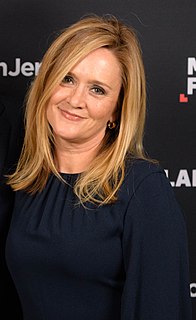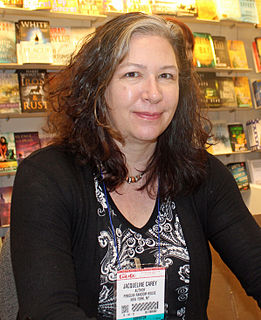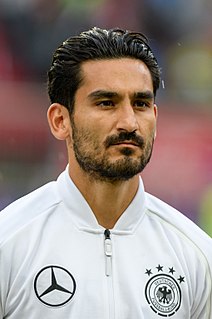A Quote by Kevin Gates
I was always taught not to answer no questions. I'm not really good at answering them because I get agitated so fast.
Related Quotes
In general, questions are fine; you can always seize upon the parts of them that interest you and concentrate on answering those. And one has to remember when answering questions that asking questions isn't easy either, and for someone who's quite shy to stand up in an audience to speak takes some courage.
I think it's important to visit people in prison. And if you know anyone in prison, I would encourage you very much to visit them. They're a good audience! I always get good letters from prisoners. I don't usually answer them because I have a lot going on in my life, but I get some really good ones, I get some really good letters from prison.
Whenever I'm giving talks, I always ask people to think of the most obscure questions because I enjoy those the most. I always get the same questions: Why does Pickwick say "plock" and will there be a movie? I like the really obscure questions because there's so much in the books. There are tons and tons of references and I like when people get the little ones and ask me about them. It's good for the audience [and also] they realize there's more there.




































